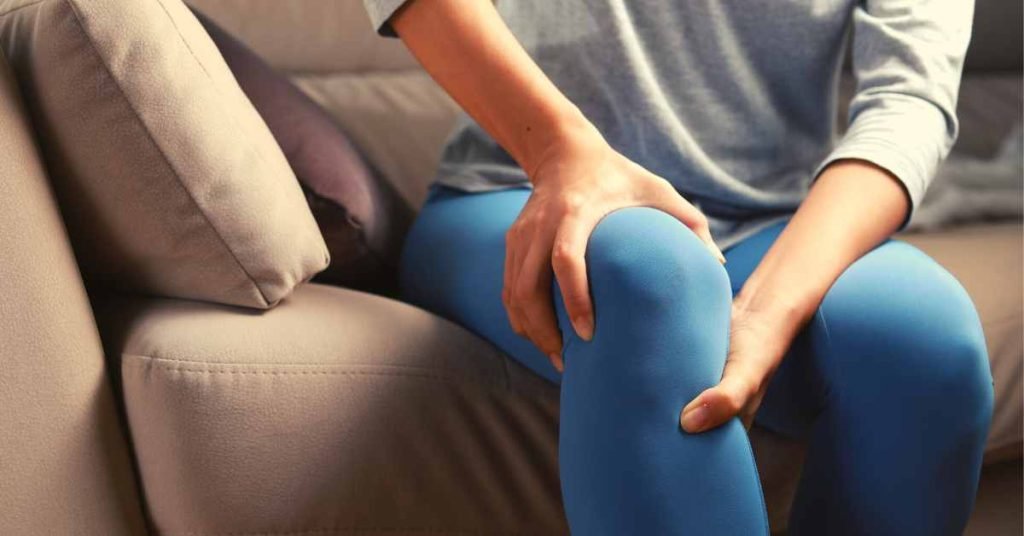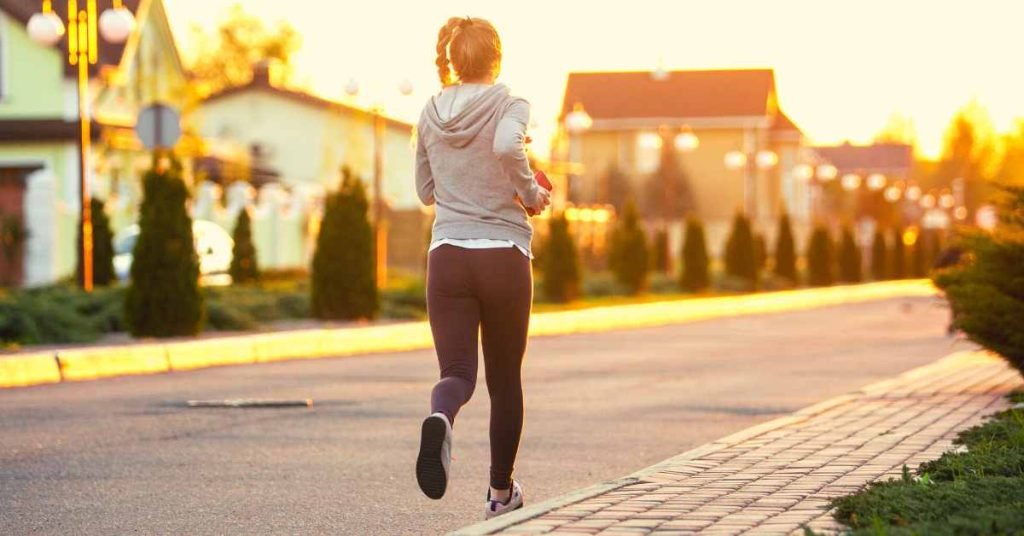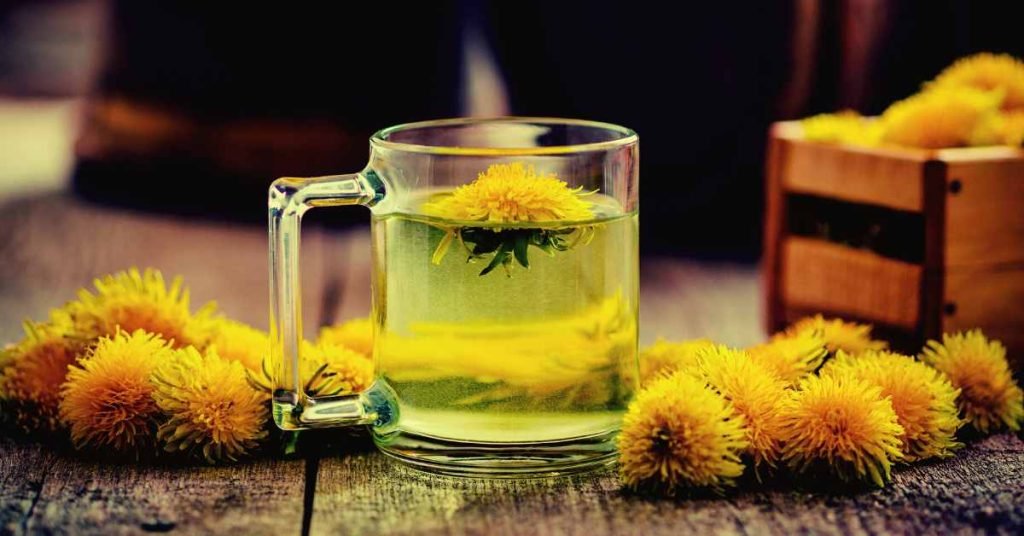Having swollen legs due to fluid retention is a really unpleasant feeling that, if prolonged and not taken into account, can translate into a severe health problem. If you have fluid retention problems, read on!
But fluid retention is not only reflected in the legs, there are also other areas such as the arms or abdomen, which swell if we suffer from fluid retention, increasing our real weight, with what that means for many people on a physical and psychological level: we all like to look good.
The causes are varied and the solutions are different depending on the origin of fluid retention. However, there are some basic guidelines that will help us to reduce it and keep it under control.
All of them, as well as the causes and natural remedies to eliminate excess fluids, is what we are going to talk about in this article.
How to Eliminate Liquids?

Each person is different and not all people who suffer from fluid retention, manifest it in different ways.
Therefore, the solutions are not the same for everyone. However, there are common guidelines for all the remedies that health professionals offer:
Reduce the amount of salt: and do it to a minimum, replacing it with spices, lemon juices, infusions of potent flavor, vinegar, and herbs for cooking such as oregano or garlic, among other alternatives.
Consume natural and fresh food as much as possible: we know that not all economies allow us to consume fresh products, but if we adopt the menu and organize it in advance, we will realize that the options for consuming fresh products are vast.
And why fresh products? Because they have more flavor and need less salt or other additives to enhance their taste.
Reduce or eliminate certain foods: such as pâtés, charcuterie, cured or semi-cured cheeses, and industrial foods.
Drink a large amount of water daily: essential to help eliminate fluids and naturally helps deflate the body. In addition, it will also help to eliminate toxins from the body.
Steaming or baking: so that food retains its maximum flavor.
Keep correct hydration: experts recommend 1.5 to 2 liters per day, but this may vary depending on our physical activity or the heat of the day. It is also not advisable to overdo it. As in everything, success lies in the balance.
Continuous exercise: even if it is just walking (in fact, walking is great for reducing fluid retention.

In the same way, moving your legs and feet if you work a lot sitting down will help us to eliminate the retention of excessive liquids that our body retains. You can also do at least 30 minutes of aerobic activity.
Do not wear tight clothes: especially in the areas most affected by fluid retention, as they impede the free circulation of fluids and these tend to accumulate in certain areas.
Do not hold urination too long: as it does not help us to reduce the excessive liquids in the body.
Sleep the necessary hours: because our body does not rest and neither can circulate fluids through the body and that rest allows us to do.
Do not consume alcohol or tobacco: or reduce it as much as possible, since both consumptions promote fluid retention.
Frequent Causes of Fluid Retention
Among the most common causes related to fluid retention are the following:
- Lack of movement
- Lack of proper hydration
- Excess salt in meals
- Due to hormonal causes, especially in the case of women, since it is part of the premenstrual syndrome and also usually occurs during pregnancy, especially in the last hours of the day.
- But, in addition, there may also be other causes that result in fluid retention in the legs, feet, and abdomen:
- Certain diseases: such as some kidney diseases or hypothyroidism, among others.
- Certain medications and/or treatments: make us retain fluids more easily.
- Low levels of protein in the blood: often caused by a poorly balanced diet and lack of ingredients that provide the protein the body needs.
Combating Fluid Retention with Natural Remedies

If you follow us for a long time, surely you know that we usually receive many requests for information related to herbal teas and natural health and the question about fluid retention and what to take to reduce them, is one of the most repeated.
You can resort to home remedies to put an end to this problem. In the first section, we have already advanced that eating fresh food, with low salt content, reducing the amount of it, and cooking it, a priori, baked, grilled, or steamed, was the best option.
On the other hand, processed foods often cause fluid retention.
But, in addition, other natural remedies that you can add to your daily life to reduce or treat fluid retention are the following:
Introduce infusions of diuretic plants into our daily diet.
Elevate your feet and/or move them: while you work sitting down, try to get up every 30 minutes or every hour and move your legs.
Also, while sitting, move your feet in circles, and, finally, when you are sitting watching TV or reading, lift your legs and lean them against the wall. You can also practice this while taking a nap.
Give yourself lymphatic drainage: to help fluids move. If you can’t go to a beauty center where a professional will do it for you, you can always massage in a circle in the areas where you have more fluid retention. The effect will be less, but it will help.
Infusions for Fluid Retention

Here are some of the most consumed herbs for fluid retention that act as natural diuretics:
Green tea: it is, without a doubt, one of the infusions to reduce liquids par excellence. If, in addition, we take green teas that have other medicinal plants that help fluid retention, as is the case of green tea with horsetail, the effect will always be better.
Dandelion: also provides minerals such as silicon, which are very good both to improve our defenses and to reduce fluid retention. It also increases liver activity.
Milk thistle: This is perfect for detoxifying the body and, therefore, reducing liquids and impurities, as well as benefiting the liver.
Fennel: thanks to its essential oils, which benefit intestinal transit and help increase the urge to go to the bathroom.
MEDICAL DISCLAIMER
Itsnevernotteatime.com cannot and does not contain medical/health advice. The medical/health information is provided for general and educational purposes only and is not a substitute for professional advice.




